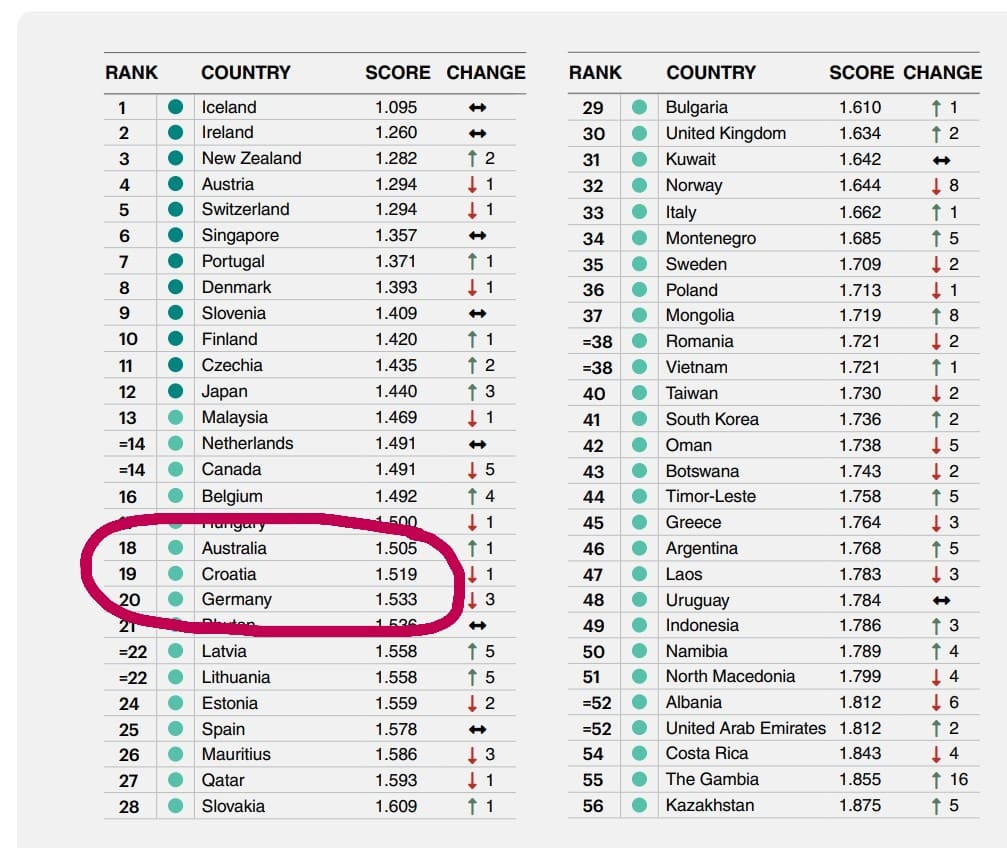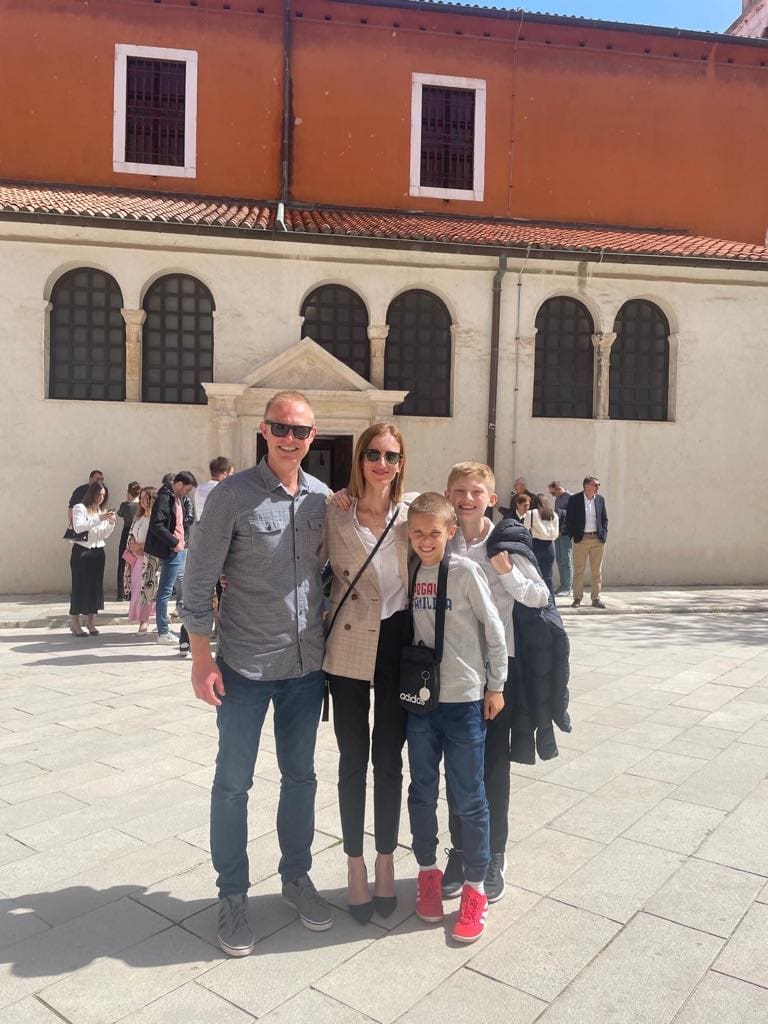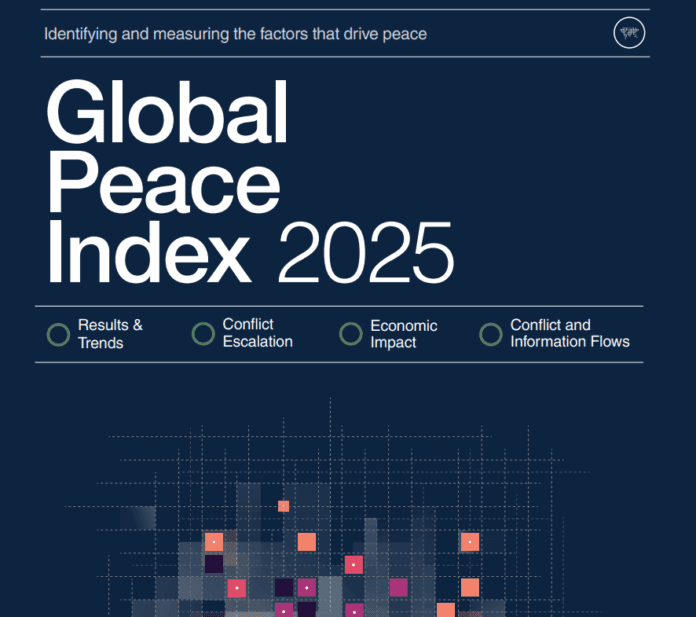In this new three-part series, the Hrvatski vjesnik talks to three young Australian Croatian families, who have made the big decision to move back to the Homeland. They share their perception of the overall safety situation in Croatia…
According to a recently released annual report on global safety, Croatia is considered the 19th safest country in the world.
The “2025 Global Peace Index”, produced by the Sydney based Institute for Economics and Peace (IEP), claims Croatia has dropped one spot since last year. It has been replaced by Australia which was in 19th spot on the 2024 Global Peace Index (GPI) list.
Now in its 19th year, the GPI ranks 163 independent states and territories according to their level of peacefulness. It covers 99.7 per cent of the world’s population.
Although crime seems to be hurtling out of control throughout Australia, especially the ever worrying instances of youth crime, it’s both surprising, yet somewhat expected – taking into account the global headquarters of the GPI. Still, Australia ranks higher on the index than Croatia.
However, is that perception generally shared by the overall population in Croatia itself?
How safe is Croatia for young families?
The Hrvatski vjesnik decided to investigate what a selection of young Australian Croatian families think of the safety situation in Croatia. These families have made the big decision to move back to the Homeland.
In this three-part series, we take a look at three separate case studies of young Australian Croatian returnee families. We explore their own perceptions of how safe Croatia is for young families, compared to Australia…

Switching Geelong for Zadar!
Melbourne born Vesna-Maria Deša made the switch from Geelong to Zadar a couple of years ago. She moved with her husband Adrian and two sons, Anton and Karl.
“In terms of safety in general, Croatia is for us – and those around us – one of the safest places in the world,” she stated emphatically.
“There were many reasons why we decided to make the move here. But one of them certainly was the safety factor,” she explained.
According to the Deša’s, who now operate their own family-run property management and renovation business in Zadar, AD Property d.o.o., one thing is noteworthy. As soon as children start school, they begin walking or riding there on their own.
“On the weekends, they play with their friends at a local soccer ground or playground (school age) without parent supervision,” said Vesna-Maria.
“Compared to Geelong or Melbourne, things are certainly different!”
“It’s normal to see children going to their sports or other trainings on their own. Kids go to the shops on their own to purchase for their parents a missing ingredient. Kids also go to the movies on their own with their friends.
“At night I personally feel safe going for a walk or going into town on my own. Compared to Geelong or Melbourne, things are certainly different,” she continued.
According to Vesna-Maria, in Australia, it’s common for children to be driven to school up until around Year 7.
“Even if activities are nearby, kids usually don’t go on their own. In the evenings, it’s rare to see a woman walking alone. And at the local park, school-aged children are generally not seen playing without a parent nearby,” she explained.
Deša added that the sense of freedom and safety she’s observed in Zadar is something truly special. It’s something she feels ‘money cannot buy’.


